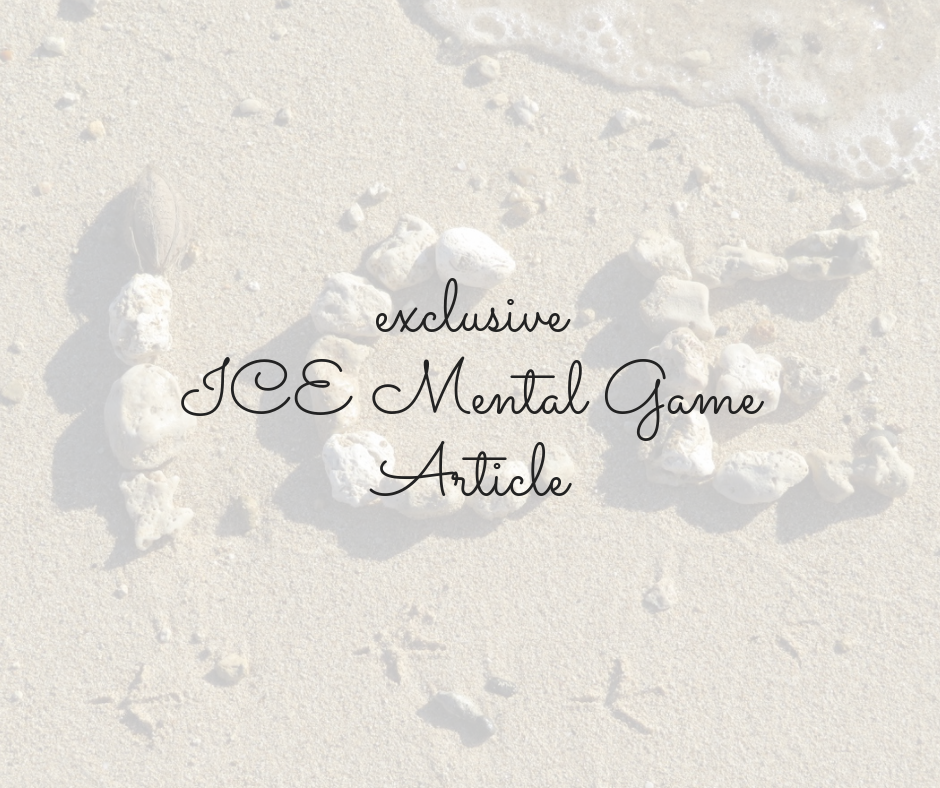Don’t pop. Stop circling. Just pull in. You hear these phrases all the time.
Sometimes, you’re even punished for it. If you circle, you have to get off of the ice. Everytime you pop, you have to do ten pushups. If you pop, I’ll stop your lesson.
But, contrary to popular belief these punishments don’t work. In fact, they always make the problem worse and are a major source of performance blocks.
Why
Shouldn’t bringing your attention to a problem help solve it? Shouldn’t punishments push you to avoid popping and circling?
No. No, it will not help you to stop popping and circling.
Let me ask you this question. What are you focused on when your coach tells you to stop popping and circling?
Not popping and circling. And, this is doubly true when you are punished for popping and circling.
Now, what should you be focused on in order to land the jump?
You should be focused on the jump. More specifically, you should be focused on the action of doing the jump.
In other words, focusing on not popping and not circling is a distraction that takes your focus away from what you should be focusing on. So in the long run, it will make you pop and circle more.
In addition, if you are trying to not pop and circle your muscles will tense up, which will mess up your timing and make landing the jump harder.
Of course, there are athletes who are able to land their jumps despite these factors. But, the majority of athletes I work with who pop and circle have been punished for popping and circling.
Solution
If focusing on popping and circling makes the popping and circling worse, what is the solution?
The solution is to not care if you pop and circle.
Huh? But, if I don’t care if I pop and circle, won’t I pop and circle even more?
Yes. But, only if you don’t address the root of the problem.
If you don’t care about popping and circling and don’t change anything else, you will probably still struggle with popping and circling inconsistently.
But, if you don’t care about popping and circling and also shift your focus to the action of doing the jump, you will see improvement.
Your performance follows your attention. When you focus on not popping and circling, you pop and circle. When you focus on doing the jump, you do the jump.
By not caring if you pop and circle, you are on your way to bringing your attention back to what matters. Doing the jump.
Did you know? Mental skills are trained exactly like technical skills (jumps, spins, and lifts). In fact, athletes can learn and practice their mental skills every time they step onto the ice.
Ready to get started? Download your free “Confidence Myth Busters,” eBook and make a change.

